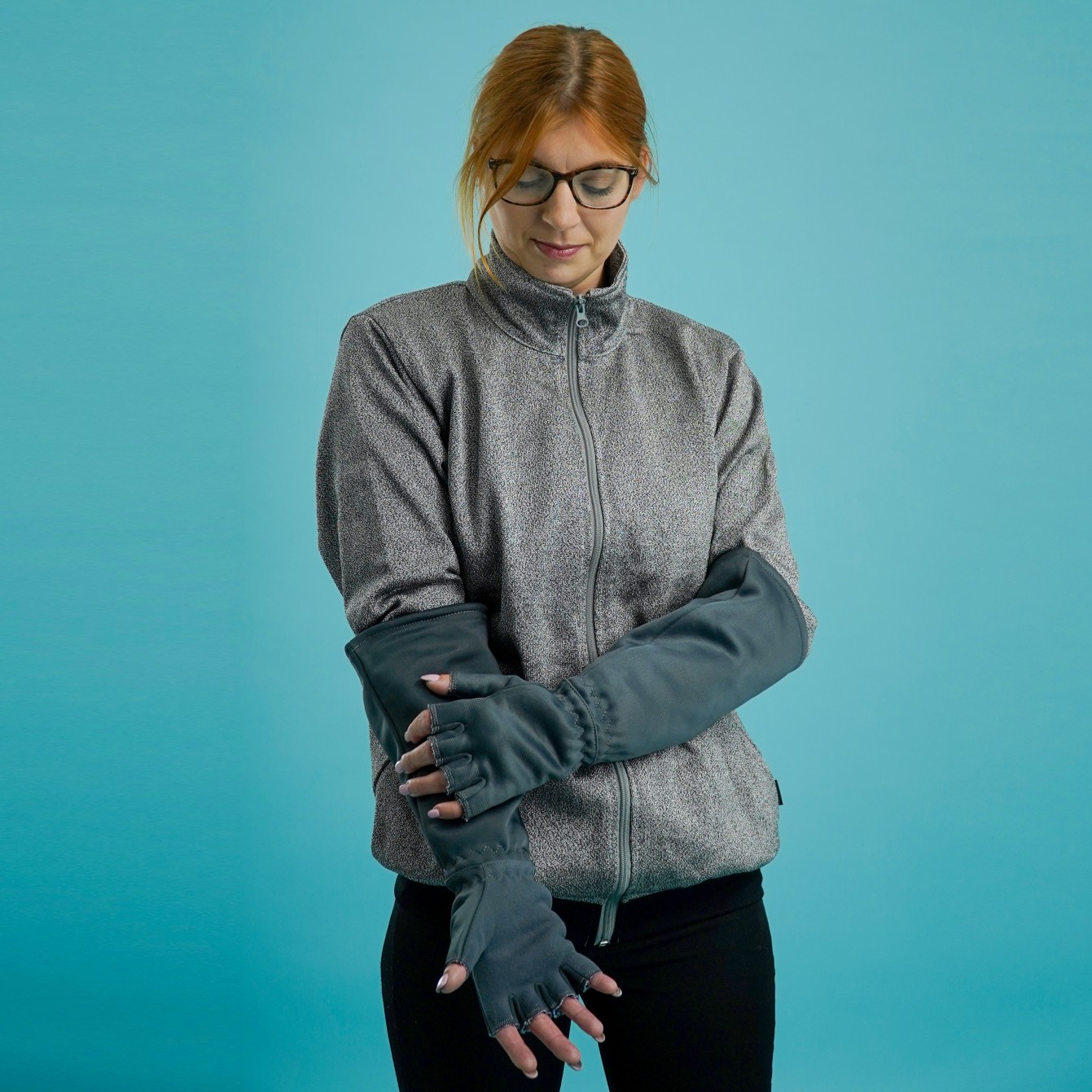Working within the mental health care and special educational needs schools comes with a risk of being bitten. More and more and more professionals talk about the risk of being bitten and reveal details of injuries and subsequent trauma.
Please click on the following image to read all details of our international survey:
Many nurses, care workers and teachers retire on medical grounds. They walk away from the profession they were once extremely passionate about, partly because medical experts have been able to identify that they suffer from trauma and sever stress.
Others, like Minnesota based Special Education Assistant E. Gonzales are keen to continue and state:
“I work at a school where human bites are a daily occurrence, but I work with kids with special needs. But honestly, I wouldn’t trade it for the world.”
Oklahoma based Psychiatric Nurse Practitioner M. Hagan shares her desire and refuses to give up:
“I have permanent scars from being bitten. However, the relationships created with my patients are priceless. I wouldn't trade my job for anything!”
However, it is a fact that their work environments would unquestionably be much safer places to work if the appropriate protection of bite resistant clothing was used where the risk of biting, scratching, pinching is determined, either by behavioural tendencies or history and previous incidents.
British firm BitePRO® Bite Resistant Clothing have long established that human bites that break the skin can become infected.
- Online Shop: www.bite-pro.com

Robert Kaiser, CEO of BitePRO® commented:
“Such wounds may not seem dangerous, but the risk of infection is high. Bite injuries have shown to transmit hepatitis B, hepatitis C, herpes simplex virus (HSV) syphilis, tuberculosis and tetanus. Evidence suggests also unlikely, but possible transmission of the human immunodeficiency virus (HIV).”
Thousands of professionals working in mental health care, special educational needs schools and even in the security sector have now invested in protective clothing to finally experience that ‘peace of mind’.
David Watts, Director of Risk and Safety of Priory Group, one of the UK’s leading and most respected provider of mental health care clinics stated:
“Whilst we are in the fortunate position to only need to use bite resistant clothing and arm guards in rare circumstances, when it has been used, we have received very favourable feedback. I am absolutely certain that the use of this type of protective clothing has helped us to prevent serious incidents and serious injury.”
Contact:
Please contact us


